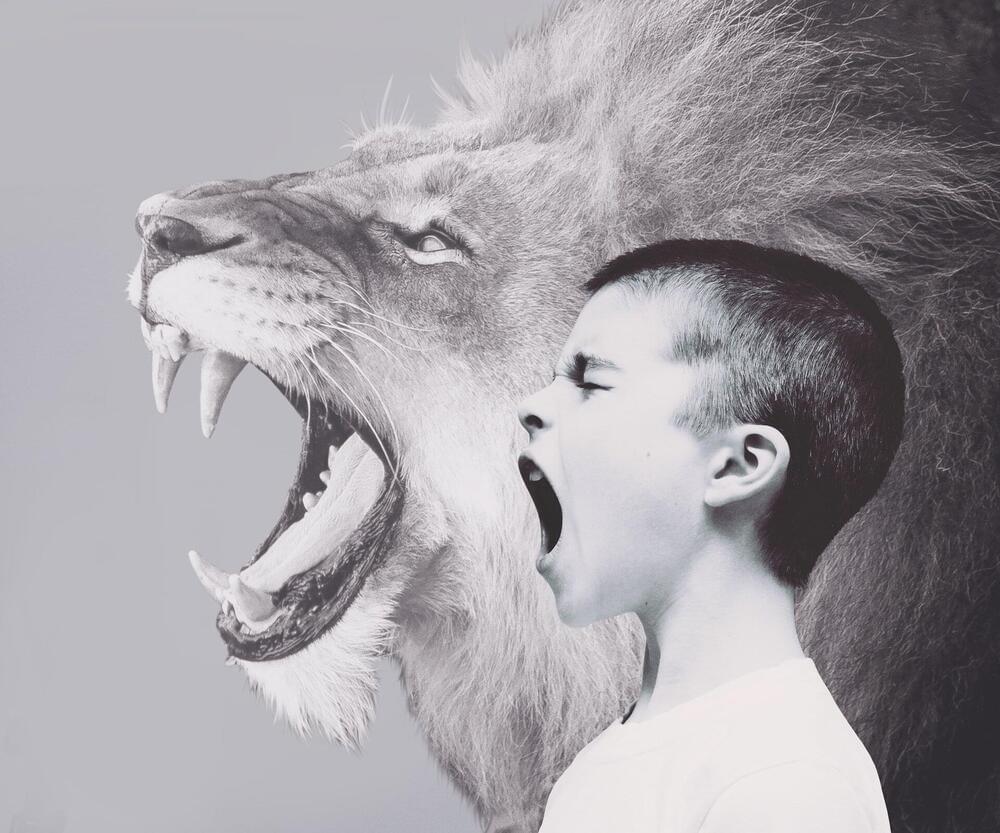Like humans, mice will compete over territory and mates, and show increased confidence in their fighting skills the more they win. At first, a brain chemical called dopamine is essential for young males to master this behavior. But as they gain experience, the chemical grows less important in promoting aggression, a new study shows.
Dopamine has been linked to male aggression for decades. How past experiences might influence this relationship, however, had until now been unclear.
In experiments in rodents, a team led by researchers at NYU Langone Health boosted activity in dopamine-releasing cells in a part of the brain called the ventral tegmental area. The findings revealed that in inexperienced male fighters, this led the animals to attack for twice as long as they would have fought naturally. When the cells were blocked, the novice mice would not fight at all.
